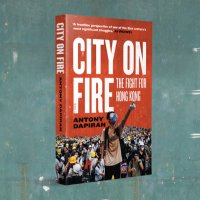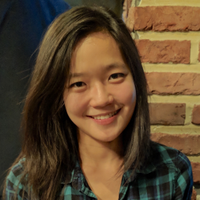
Shibani Mahtani
@shibanimahtani
international investigative correspondent @washingtonpost, co-author of Among the Braves on HK’s democracy movement @HachetteBooks [email protected]
ID: 18390063
https://amongthebraves.com/ 26-12-2008 15:17:53
10,10K Tweet
29,29K Followers
2,2K Following





‘During David Rennie 任大伟’s current posting, the New York Times went from 10 foreign correspondents in mainland China to 2 at present, the Wall Street Journal from 15 to 3, and the Washington Post from 2 to zero.’ Depressing stat. economist.com/china/2024/08/… from The Economist


Friends in Taipei - this looks excellent Brian Hioe 丘琦欣 New Bloom Magazine




How did Shein so quickly come to dominate American retail? Timothy McLaughlin investigates the fast-fashion company’s staggering growth—and its unusually anonymous CEO. theatlantic.com/international/…





